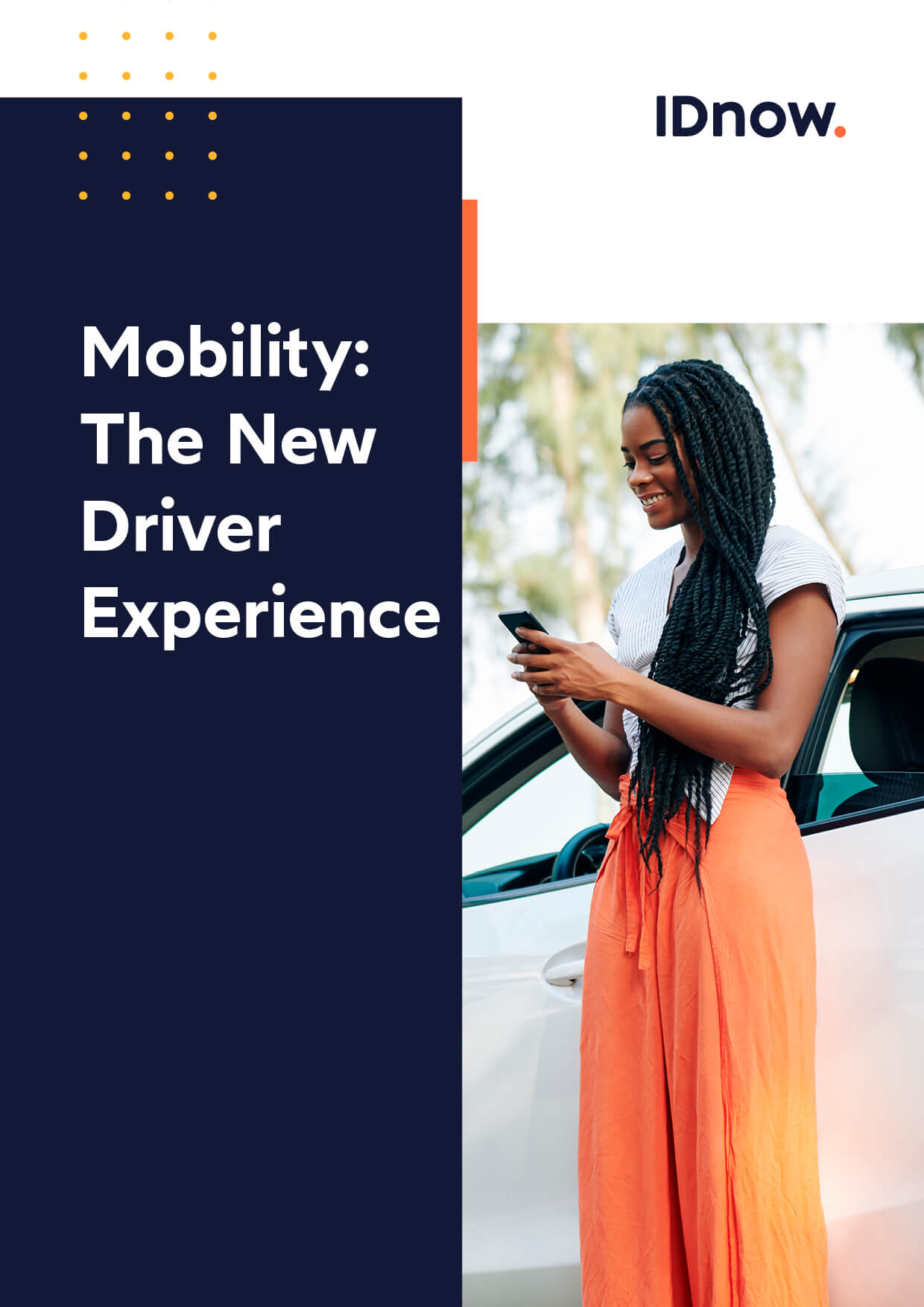As the 2024 Olympic Games approach, the city of Paris is preparing to welcome an unprecedented influx of visitors. Mobility operators must be ready to respond to a substantial number of new customers in a very short span of time.
Over the past decade, urban mobility has experienced major alterations, driven by rapid technological change. While getting around has never been easier, experiences vary from one operator to another. The advent of mobile-first is leading mobility service providers to focus their mobility journey around mobile-usage, in favor of a resolutely simplified experience.
In a world where mobility is at the heart of our lives, the organization of large-scale events raises major challenges in terms of accessibility and security. From July 26 to August 11, 2024, France will host the Summer Olympic Games, and is preparing for an unprecedented influx of visitors. These foreign visitors, accustomed to other modes of mobility and transport, will have to familiarize themselves in a short span of time with sometimes unfamiliar travel and booking experiences. Paris is equipped with many different means of transport, combining micromobility, public transport, service providers, transport rental companies and car-sharing. For mobility operators, the question arises as to their ability to accommodate a substantial number of new customers in a very short amount of time.
Let the games begin: challenges facing mobility operators.
Transport and urban mobility operators face a number of challenges: rapid user authentication, age and driver’s license verification, and the collection of documentation and user information. To address these issues, identity verification service providers are positioning themselves as key players in meeting these needs, while ensuring a fluid and secure user experience.
In the context of a major event such as the Olympic Games, all mobility operators will be faced with many more demands during this period. Numerous people will be moving from various key points in a limited span of time. It therefore seems essential to simplify access to means of transport requiring a stronger means of identification, without compromising transaction security.
A seamless user journey, reflecting a smooth transport experience.
For mobility players, offering instant access to their services is crucial. When service users are confronted with a complex and unclear onboarding process, their frustration increases, as does the abandonment rate. A fast, accessible onboarding process, whatever the channel, becomes a major competitive advantage.
Operators are therefore seeking to offer their users a seamless experience, notably through a simplified, instantaneous and entirely mobile onboarding process. This means being able to quickly verify users’ age, the validity of their driver’s license or, in the case of some car rental companies, proof of address. One of the main challenges is therefore to minimize the time needed for these checks, while maintaining a high level of security.
At major events, such as the Paris Olympics in 2024, where mobility services will be particularly in demand, the ability to handle a high volume of requests becomes even more critical. Automated identity verification solutions can play a key role in this context. Not only do they considerably speed up the onboarding process by eliminating the need for manual account validation, they also ensure that the user meets the necessary conditions (age, valid license) to access the service.
In the case of rental contracts, the use of electronic signatures to finalize transactions, and the automatic capture and extraction of information from identity documents, further accelerate the subscription process, without compromising the security of the transaction. Finally, video biometrics enhances the security of mobility operators by ensuring that the person creating the account is who they claim to be, thus reducing the risk of identity fraud.
For mobility operators, these tools are not only a means of improving the user experience, but also represent an opportunity to set themselves apart from the competition. In a context like that of the Olympic Games, it will also be important to respond efficiently to peaks in demand, while guaranteeing continuity and quality of service.
Mobility as a Service: the future of urban mobility?
For providers of transport services requiring advanced identity verification, such as car rental or micromobility services, the implementation of appropriate solutions is crucial to effectively meet the influx of requests. Without automated systems, these operators risk being forced to invest in additional human resources, a costly and less efficient solution in the face of highly variable demand.
The solution could lie in the adoption of a Mobility as a Service (MaaS) service, offering a single account to access all a city’s transport and mobility facilities. Berlin’s JELBI sets the standard. By downloading this application, users fill in their information just once and can then access all the mobility services available in the city. This centralized approach considerably simplifies the user experience, reducing the complexity of accessing the various transport services. France, meanwhile, has yet to find its own MaaS operating model.
At a time when mobility is reinventing itself, security and ease of access to services are becoming major issues. As mobility is constantly on the move, it’s vital to understand the issues involved in order to anticipate tomorrow’s needs. The Paris Olympics will be an opportunity to test operators’ ability to manage the diversity of means of transport, to absorb the influx of visitors and also to test the means of identity verification available.
In this context, automated identity verification is an indispensable solution, eliminating several points of friction for mobility operators. The aim is to enable users to access desired services quicker and to make their experience as seamless as possible. Operators, for their part, can look forward to being able to process flows faster by automating time-consuming and complex processes.
Want to know more about the future of mobility?

By

Mallaury Marie
Content Manager at IDnow
Connect with Mallaury on LinkedIn



